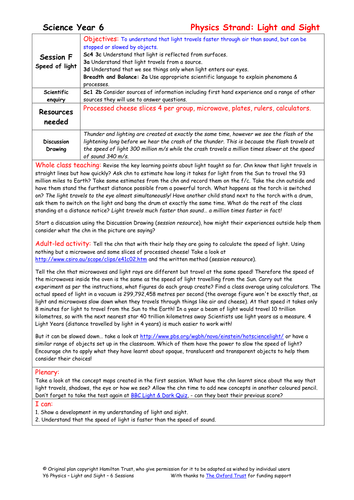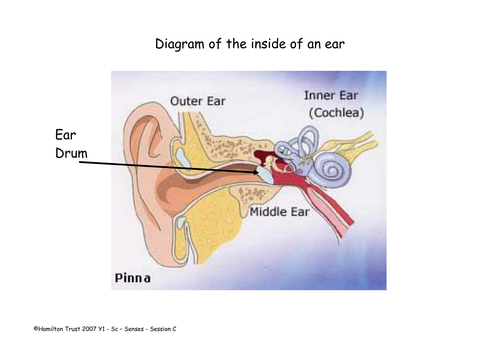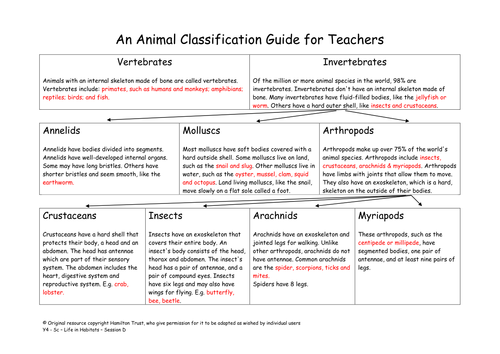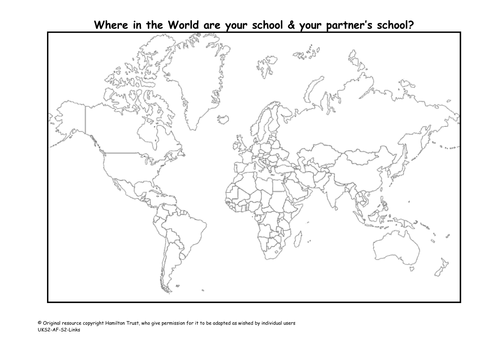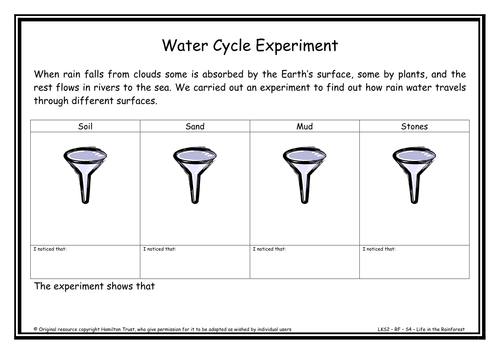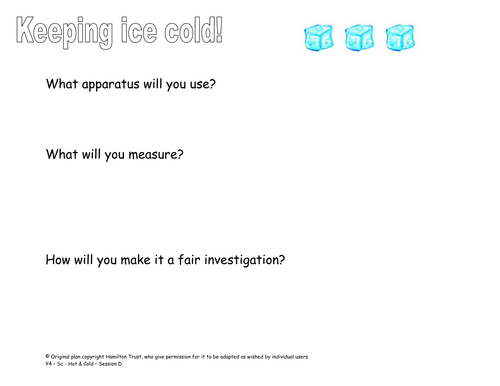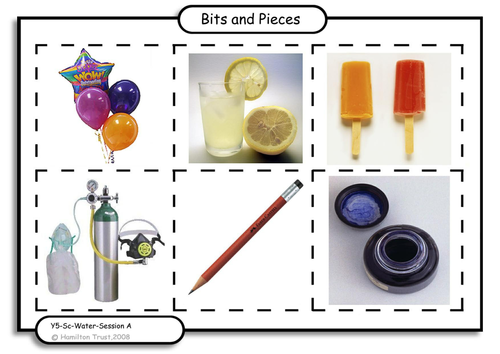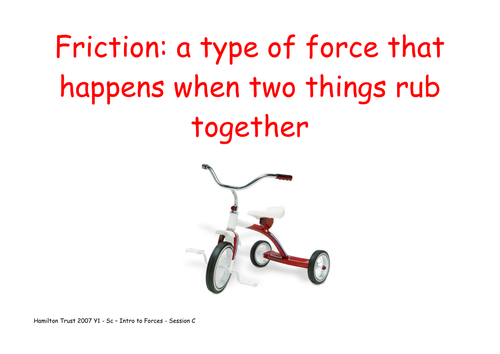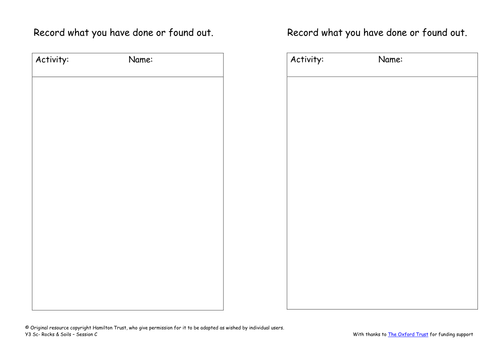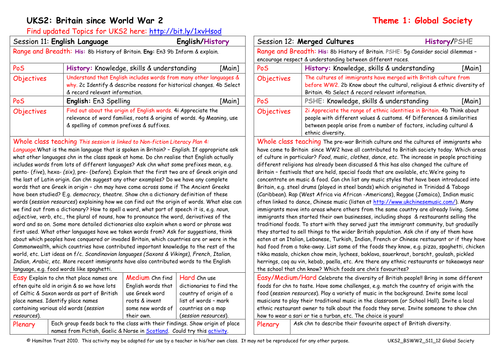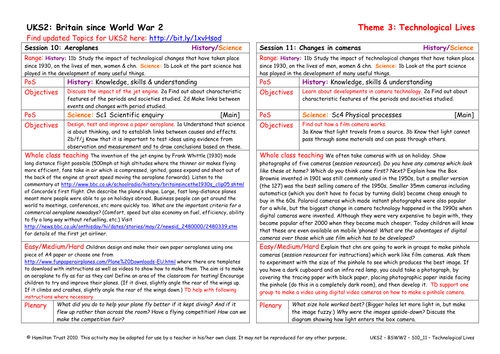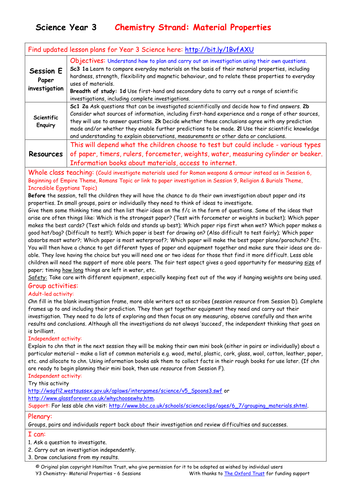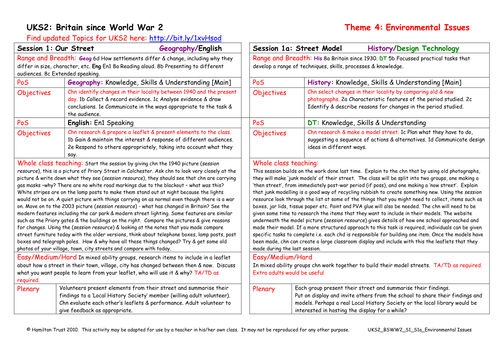
397Uploads
10045k+Views
11647k+Downloads
All resources

Speed of light
How fast is the speed of light? Faster than the speed of sound but by how much? Time to measure just how fast it is in the classroom: cheese slices and a microwave can provide the answer! Suitable for Y6 pupils.

Explore hearing
Discuss how sound enters the ears and the information is passed to the brain. Investigate the sounds animals make and why; relate to animal treatment. Activity to help children discriminate sounds in a group. Draw animal pictures and label with the sounds they make.
Suitable for Year 1 pupils.

Maths Y2 Autumn Teaching Sequence 3
Number facts to 20, equality [3 days].
Children revise partitioning pairs up to and including ten, then 20, recording the corresponding addition and subtraction sentences. They use images such as the 20 bead frame and ‘slidy’ box’ cards to reinforce the idea of an empty box in number sentences. They use the idea of equality and the image of the number balance to help them to write number sentences such as 7 + 3 = 6 + 4.

What is it?
Children find out how plants and animals are classified into groups. They then try to identify the minibeasts found during the field trip and create a key using a branching database to enable other children to identify them.
Suitable for Year 4 pupils.

Where in the World?
Discover where in Africa your link school is (or use a child described in a book as your link). Imagine you are going to visit and plan the journey you would make. Draw the route on maps or create a journey timeline including distances, mode of travel, etc.
Suitable for years 5 and 6.

Selling Your Eco House
Estate agents are people who help us to sell our houses. Children will design an Estate Agents brochure to help them to sell their eco house. Discuss the use of persuasive writing. Create three forms – brochure, newspaper ad and online brochure.

Is it sinking in! Rain into Earth
In this session children find out how the rain drops that fall from the clouds get back to the rivers and seas so that the cycle can start again. Children test a variety of natural Earth surfaces to see which allows water to flow through the fastest.
Suitable for years 3 and 4.

Keeping cool!
Children continue their investigative work by finding out which material is best for keeping ice cubes cold. What are they going to measure? An understanding of how insulators stop heat from being transferred from or to something is established.
Suitable for Year 4 pupils.

Mental Oral Starters :Y3 Aut Sequence 3
Mental and oral starters for Year 3 Autumn Teaching Sequence 3.

Making A Link
Discuss the reasons why linking with a school in Africa is important & emphasise its importance in helping to fulfil the Millennium Development Goals. Chn tackle a CAFOD activity to act as advisers to an aid agency distributing funds to suitable projects.
Suitable for years 5 and 6.

We Are Britain
We all have at least one thing in common – we live in Britain! Chn meet lots of different chn from all over the UK courtesy of We are Britain by B. Zephaniah. They see people move around the UK & other countries é they think about their own histories.
Suitable for Years 1 é 2.

States of matter
This strand begins with children comparing the properties of the three states of matter – solid, liquid and gas. Water is used as an example of a material that can exist in all three states. Use drama to model this.
Suitable for Y5 pupils.

Friction
Introduce simple definition of ‘friction’. Look carefully at a bicycle or tricycle to identify the forces in action. Discuss forces in other vehicles. A range of activities about forces mainly to do with vehicles. Suitable for Year 1 pupils.

Rock investigations
Learn some key vocabulary about rocks. Take part in a workshop offering a range of activities including testing hardness of rocks, sorting rocks, finding information, drawing rocks and thinking about how pebbles and sand are formed.
Suitable for Y3 pupils.

English Language
The English language contains words from many different languages. Children investigate old Saxon and Celtic words used in British place names, Greek prefixes and word roots that are used in English words and words that have been introduced from other languages.

Changes in Cameras
Children look at cameras from different decades and then make a pinhole camera, experiment to see which size pinhole works best.

Paper investigation
Children will plan and carry out an investigation about paper in small groups or pairs, testing questions they have thought of themselves. They will select the equipment and have a go at explaining results and drawing conclusions.
Suitable for Y3 pupils.

Street Model
Building on previous session, children make a model of a street near the school (or from imagination). Class is split in two – one group make a ‘then’ model and one a ‘now’ model – using junk modelling techniques. Display along with leaflets previously made.

